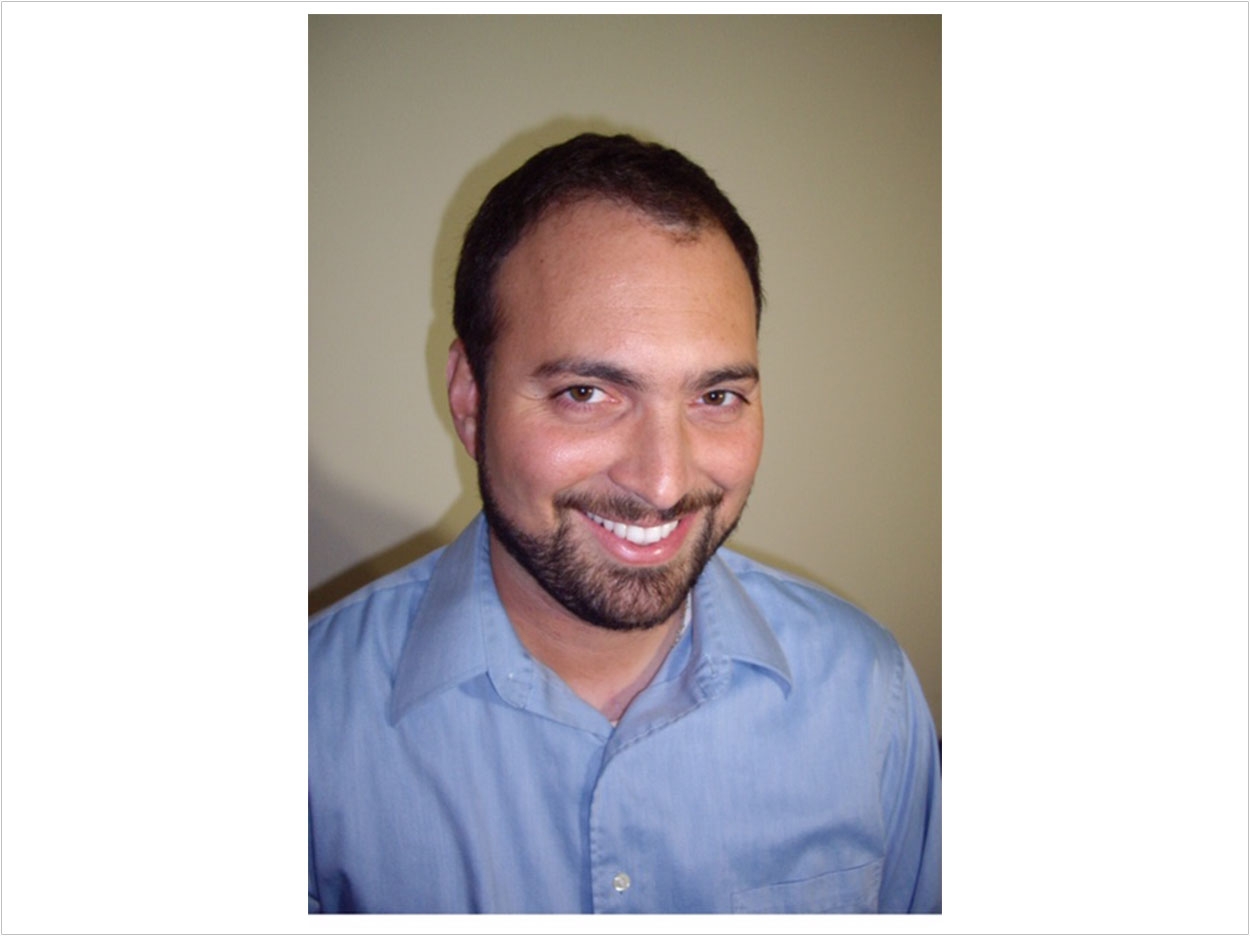
Dental visits can be especially difficult for patients with HIV or AIDS, including the process of getting a dental impression.
“They’re immunocompromised, so they get sick more often and sometimes have an increased gag reflex, oftentimes experiencing nausea,” said Nicholas DePinto, DMD, director of the Rutgers School of Dental Medicine (RSDM) Community Oriented Dental Education (CODE) program in South New Jersey, which treats many patients with HIV and AIDS.
“They typically take a lot of medications, which can have many side effects. And they have many different doctor visits, and that can be exhausting,” said DePinto.
But time in the dental chair will soon be dramatically reduced, thanks to a $150,000 federal grant for digital impression scanners in the CODE clinics. Digital impression scanners allow impressions to be completed in less than a minute, compared to 10 minutes or more for traditional putty impressions.
The new technology not only will make dental visits faster, but they also will lead to less discomfort, said DePinto, who is the grant’s principal investigator. The award funds an additional dental chair in every CODE clinic as well.
“Each chair is expected to increase the number of visits by a few thousand patients a year,” said DePinto.
The funding is part of a Ryan White capacity development grant, which is awarded for expanding and enhancing access to care for HIV and AIDS patients in underserved regions. Since 1992, CODE has received Ryan White funding, but this is the first time is has gotten funding to expand capacity.
All RSDM fourth-year students complete a rotation at CODE, which involves hands-on learning about the special needs of HIV and AIDS patients.
“They’re going to be seeing these patients in their practice after they graduate, and we want them to be very comfortable treating them. We teach them not to stigmatize, and we’ve made great strides. The students have been very receptive,” said DePinto.
After the scanners have been used for some time, DePinto will develop a plan to assess patient satisfaction.
“We want to improve quality and effectiveness,” he said.
Related Articles
How Do You Treat a Patient With HIV? The Same as Everyone Else
Dental Professionals Called Upon to Help Stop the HIV/AIDS Epidemic
NYU Dentistry Receives $2 Million Grant to Study HIV Latency



